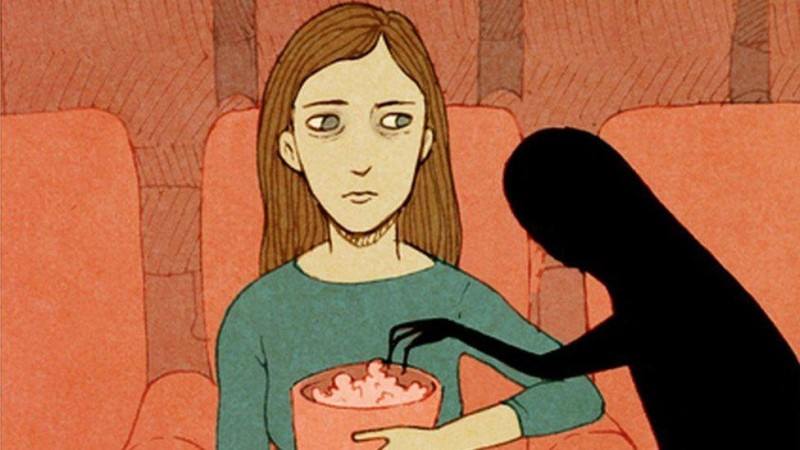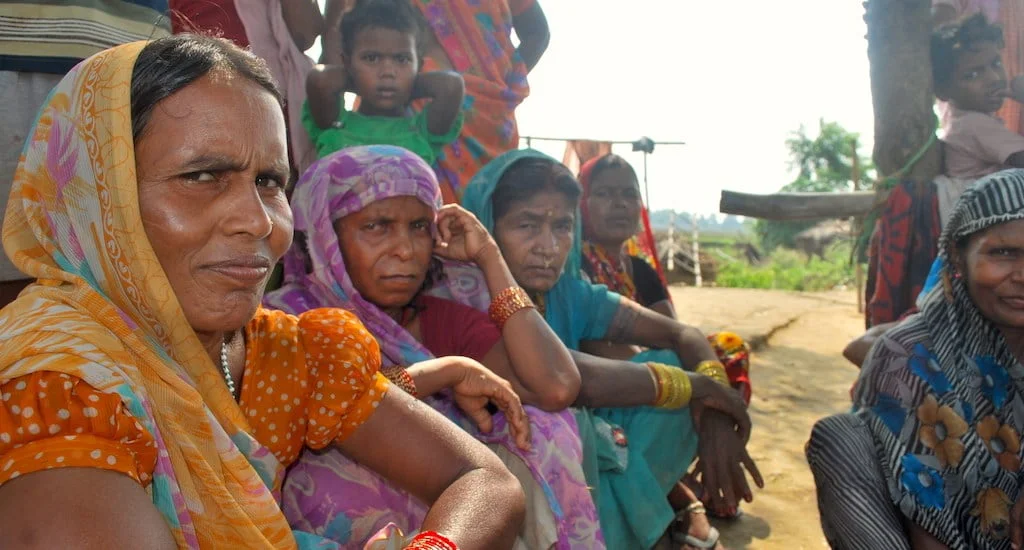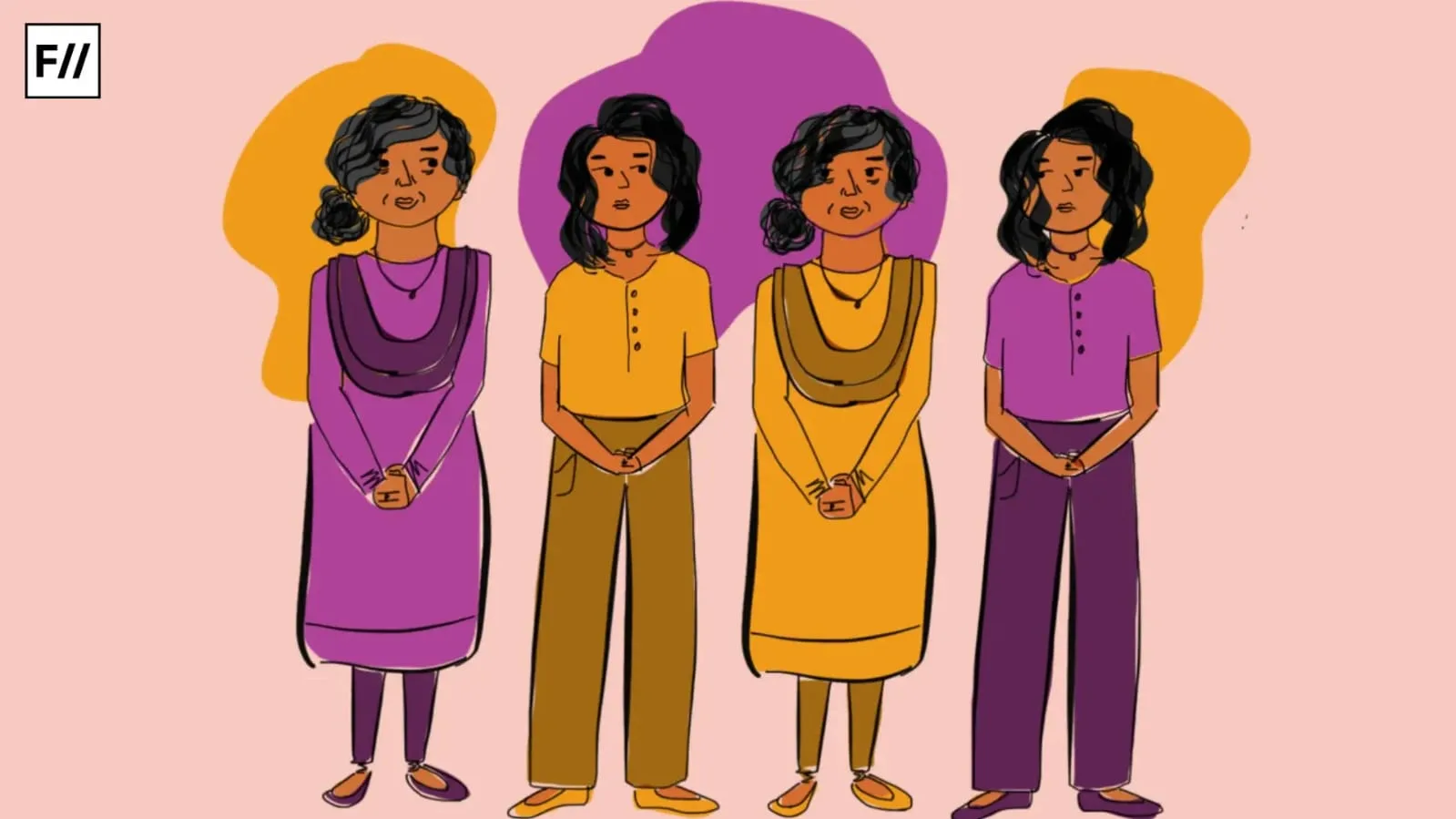At the end of a depressive episode, I find myself looking for the exact word for that period between various depressive episodes. I search for it online and I wrack my brain and I fall asleep thinking about it and one day it strikes me what the word is. The word is ‘life’. I am amazed, amazed that at its worst, depression has robbed me and my vocabulary of the word ‘life’.
I am doubtful that people who have not emerged from a depression can imagine what it feels like. It is a potent combination of surprise and joy and fear and hurry. It does not feel real; depression robs you of trust and so I find myself wondering if this feeling of sharp relief, of being able to visualize the future is real or just another lie that depression tells me. It takes a few days to settle in but when it does, it is a slow, calming relief. It is the opposite of the depths of depression, it feels shallower, easily navigable. It makes possibility an option again unlike the certain bleakness of a depressive episode. Of course as I return to ‘normal’ life, I always, always have regrets for the days I have missed out on. When I say missed out, I mean living completely, being aware of moments and conversations and the skies and meals I ate. I have to remind myself that I have lived through those days and so the missing out on the minutiae is a loss I can make peace with.
In the first few days as I leave a depressive episode behind, I live between exhaustion and the need to catch-up, with all that I have missed out. My thoughts race, I want to do everything, all at once. Over the years I have learned the hard way that there is no catching-up with life. Some days are full, others empty. The more I try to catch-up, to hurry myself, the more I end up feeling fragile. I have to remember to hold on to the micro-moments. Like the bus rides back home, with the sun shining pleasantly on my face. A chocolate shake, just when I need it the most. The way my face feels in the middle of a real smile. Dhokla and idli and ice cream for dinner.
Depression can make you forget your baseline. So as I return to myself, I have all sorts of questions. Is this what I always did? Did I always think this way? Was this how I always was? Was my focus always so flighty? Did I always tend so easily to tiredness? How much of my laziness and exhaustion are tied together? Another question that haunts me a little is whether depression tempered my ambition, changed my career? There is no doubt the answer is a yes but is that a yes I can make peace with?
The in-between period between depressive periods is life. So is the depression. For as long as I can remember, I have tried to, and failed at neatly separating the depression and my life. It baffles me, I don’t understand why I fail at it when I try so hard to put them in separate boxes. It is only the in-between period am I able to see that for me, accepting depression as part, but not the whole of my life, is what will help. Don’t think I say this lightly. The one constant question of my life, always present in the background, is what life would be like if I did not have depression. For several years, I have vehemently held on to this question. I think of all the lost people and places and adventures. But recently I find myself impatient with the question, it is a childish fantasy to which I have clung on to for so long. Perhaps it served a purpose when it was hard for me to imagine a life beyond depression. But now the what-if life is not my real life. And I am determined not to miss out on any more of it than I need to.
Featured Image Credit: www.bbc.co.uk
About the author(s)
Let's talk about shit people!





Thank you for writing this. I’m in that in-between right now, and I think I just really needed to read this